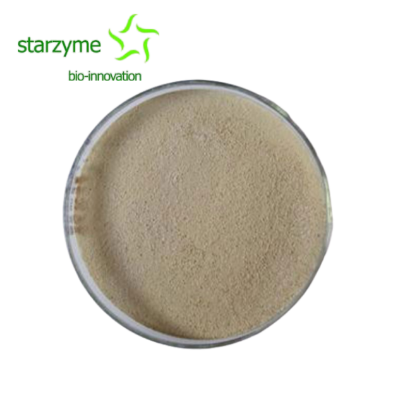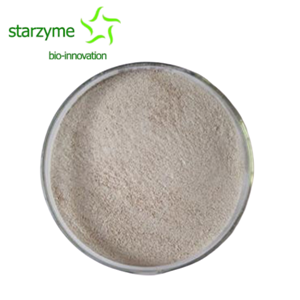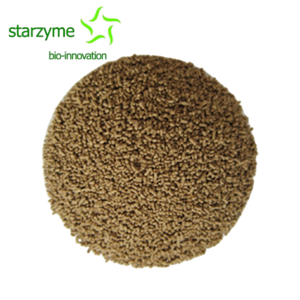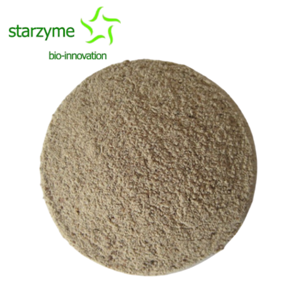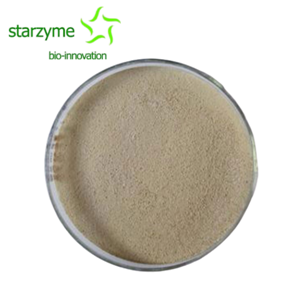Using Bacillus coagulans in Aquaculture is an Important Part of Addressing Human Food Security (Part 1)
Bacillus coagulans, as a new type of microecological agent, combines the dual advantages of Bacillus and lactic acid bacteria. It not only possesses the characteristic of lactic acidproduction by lactic acid bacteria, but also has the rich enzyme system and strong stress resistance, high temperature and high pressure resistance, and stable storage characteristics of Bacillus. Therefore, it has broad application prospects in the aquaculture industry.
Enhance aquaculture productivity:
Bacillus coagulans play a role in enhancing productivity in aquaculture. It can effectively degrade organic waste and convert it into organic fertilizers, providing nutrients for aquaculture organisms to absorb and utilize. In addition, Bacillus coagulans can help maintain the balance of nutrients such as nitrogen and phosphorus in water bodies, promote the healthy development of aquatic ecosystems, and improve the growth rate and breeding efficiency of aquaculture species.
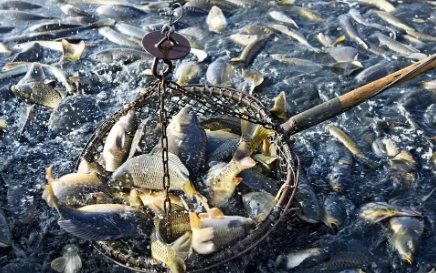
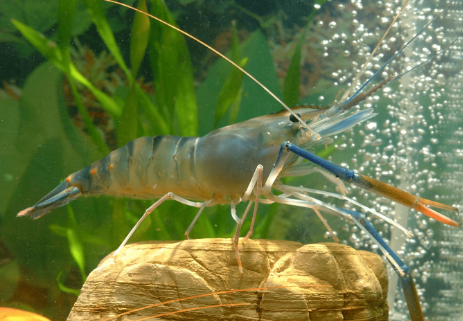
Inhibit the growth of pathogenic microorganisms:
Bacillus coagulans have antibacterial and antifungal properties, which can effectively inhibit the growth and spread of pathogenic microorganisms in aquaculture. Its mycelial structure can form a barrier to prevent pathogenic microorganisms from invading aquaculture water bodies, reducing the risk of disease in aquaculture species. Meanwhile, Bacillus coagulans can also secrete antibacterial substances to control pathogenic bacteria in aquaculture environments and enhance the immunity of aquaculture species.
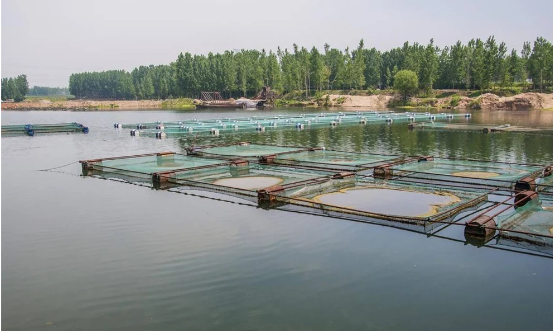
Improving water quality and environment:
The application of Bacillus coagulans in aquaculture can improve water quality and environment. It can promote the decomposition and degradation of waste in water bodies, reduce the pollution of aquaculture waste to water quality, and maintain the health and cleanliness of water bodies. At the same time, the application of Bacillus coagulans can also repair eutrophication problems in aquaculture water bodies, reduce the occurrence of excessive algal growth and algal blooms, and improve the sustainability of aquaculture.
Improving the quality and safety of aquatic products.
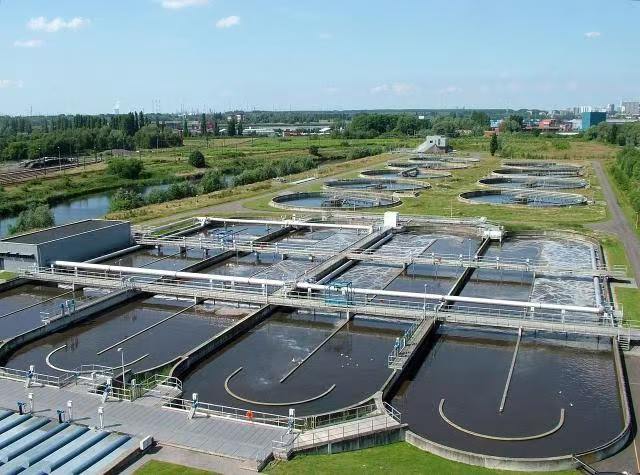
With the continuous growth of global demand for marine resources, aquaculture is becoming an important part of addressing human food security and economic development. Bacillus coagulans, as a new type of microecological agent, combines the dual advantages of Bacillus and lactic acid bacteria. Although further research and practice are needed, it is believed that with the advancement of technology and the accumulation of practice, Bacillus coagulans will play an increasingly important role in aquaculture.

